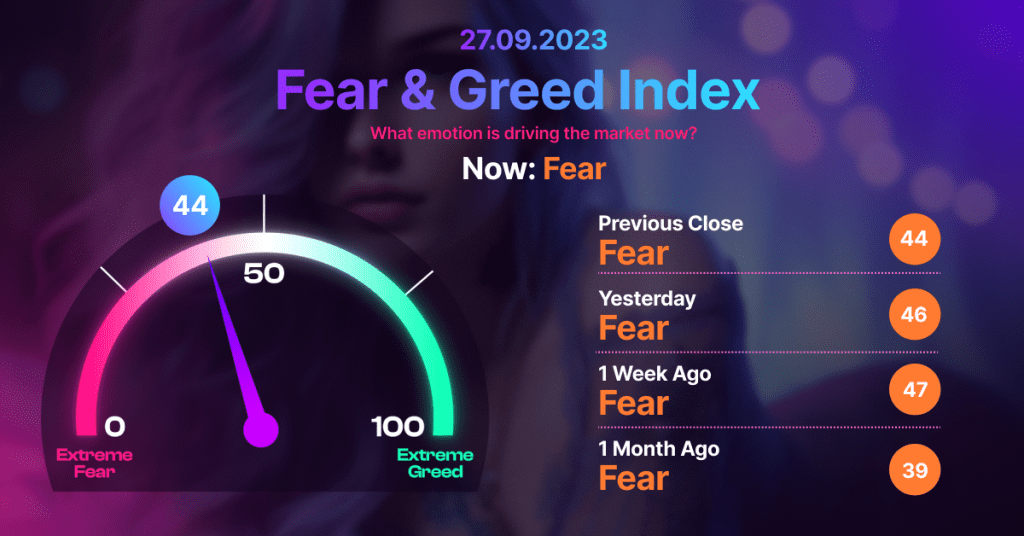SEC delays decision on Ark 21Shares’ Bitcoin ETF proposal until 2024; Circle also launches euro stablecoin on Stellar; Crypto influencer Ben ‘Bitboy’ Armstrong arrested!
SEC delays Ark 21Shares’ Bitcoin ETF
The US Securities and Exchange Commission (SEC) has announced that it has delayed its decision on Ark 21Shares’ Bitcoin ETF proposal.
In a statement, the SEC said it needed more time to evaluate the proposal. To this end, the regulator emphasized that it has postponed its decision on the ETF proposal until 10 January 2024.
Similarly, the SEC announced that it has delayed its decision on the Global X Bitcoin Trust until 21 November.
Pressure mounts on Gary Gensler
Shortly before the ETF decision was delayed, a group of Republican and Democratic lawmakers urged SEC Chairman Gary Gensler to approve the spot Bitcoin ETF proposals.
The letter, sent by Representatives Mike Flood, Tom Emmer, Ritchie Jones and Wiley Nickel, noted that spot Bitcoin ETFs would make access to Bitcoin more transparent and secure.
The SEC has not approved any of the spot Bitcoin ETF proposals that have come before it. The regulator announced a few weeks ago that it was delaying its decision on many of the companies’ applications.
However, Grayscale Investments won its spot Bitcoin ETF case against the SEC. While this does not mean that the SEC will have to approve the spot Bitcoin ETF, it will force it to reconsider the proposal.
Circle also launches euro stablecoin on Stellar
Stablecoin issuer Circle has launched its euro-based stablecoin, EURC, on Stellar, it was announced on 26 September. The stablecoin was previously only available on Ethereum and Avalanche.
Stablecoins are an important part of the web3 ecosystem. They allow users to send, borrow and lend money over the blockchain network in exchange for interest. Backed by the US dollar, USDT and USDC are currently the sixth and seventh largest cryptocurrencies by market capitalisation. According to Etherscan, USDT is the third largest consumer of gas feet on the Ethereum network.
The majority of stablecoins are backed by the US dollar. If a user wants to send Web3 payments in their local currency, there are not many options.
USDC issuer Circle tried to help solve this problem by launching EUROC, an ether-backed stablecoin, in 2022. According to research published by the Bank for International Settlements, the euro is the second most traded fiat currency in the world.
It is currently the official currency of 20 European countries. On 25 May, Circle launched a new version of EUROC on Avalanche, and on 23 September it changed its name to EURC.
With the latest announcement, EURC is supported by three blockchain networks.
Crypto influencer Ben ‘Bitboy’ Armstrong was arrested!
Crypto influencer Ben Armstrong, formerly known as BitBoy, has reportedly been arrested while live-streaming outside the home of a former business partner who he claimed owned his Lamborghini.
Before his YouTube broadcast, he announced that he would be “live streaming from a very private location soon”.
Less than an hour later, Armstrong was live-streaming from the home of Carlos Diaz, a consultant and NFT investor with apparent ties to the HIT network. Armstrong launched into a tirade claiming that Diaz was “trying to kill him” by claiming he had ties to the Houston mafia.
“I’m not afraid of you, Carlos,” he shouted.
About 19 minutes into the show, Armstrong was confronted by local police who asked him if he had a gun on him, which he denied.
Armstrong was then ordered to put the phone down and the broadcast went blank for the remaining 17 minutes, although audio of a conversation between Armstrong and police officers can still be heard.
According to the Gwinnett County, Georgia Sheriff’s Office, Benjamin Charles Armstrong was taken into custody at 9.11am local time on 25 September and is currently being held in jail.
Diaz posted a message on 26 September confirming that Armstrong had arrived at his home.
In late August, Hit Network, which controls the BitBoy Crypto brand, cut ties with its public face Ben Armstrong, citing problems with substance abuse and financial damage to employees.


